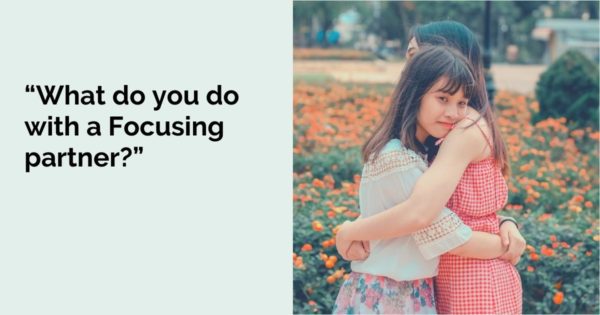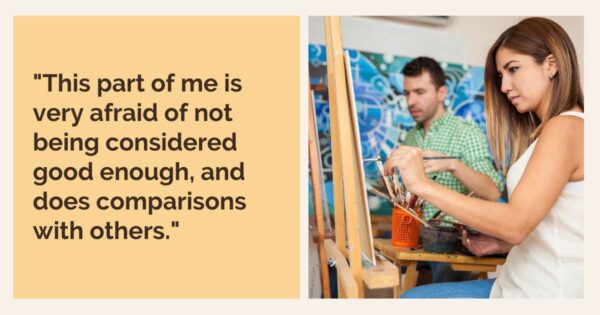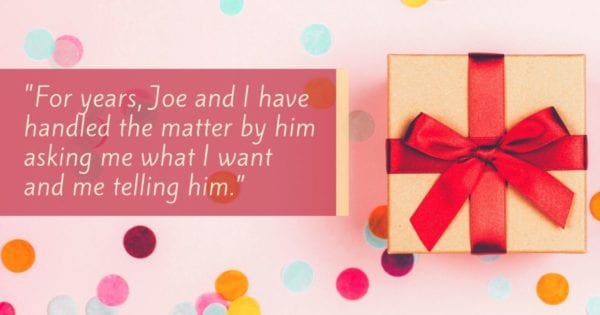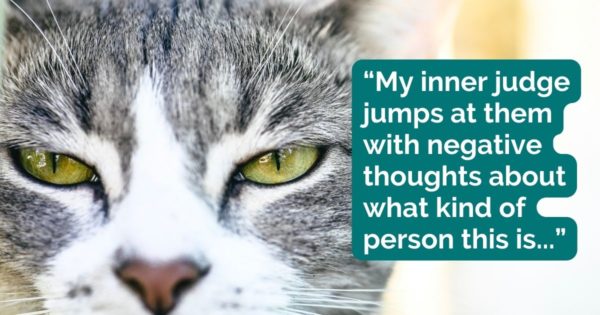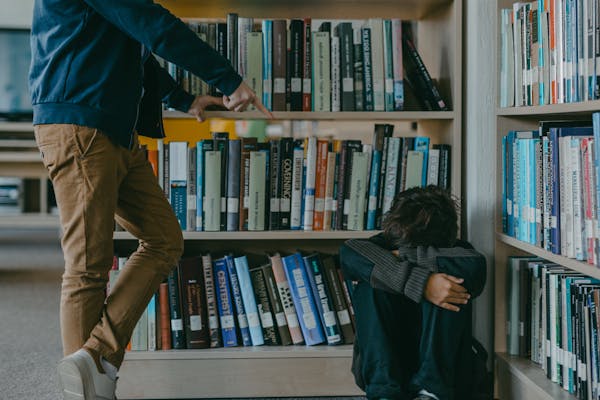Even more on feeling the feelings of the person you’re Focusing with
Last week’s Tip and the one the week before, on feeling or not feeling a Focusing partner’s feelings, has generated more email in response than any topic I can remember!
Most of you enjoyed or felt supported by the concept of mirror neurons, and many offered examples from your own Focusing partnership, of times when you offered your partner an image or feeling that came to you, and it helped them…but you were also open to the possibility that it might not fit for them. (That’s the key, isn’t it?)
I especially wanted to share with you an email I received from Locana (Elizabeth English), who is a Certified Teacher of Focusing and Wholebody Focusing, Nonviolent Communication and Mindfulness, in Cambridge in the UK. Here’s what she says:
“When I find myself feeling something that seems to have resonance with what the Focuser is feeling, then I try to incorporate this into my listening, because I find it helps me to be present in an even fuller way for my Focuser.
“Before I do so, I give myself a word of caution. I remind myself that I can never know for sure if I am feeling what they are. It may seem that my feelings or sensations — especially if I feel them in my body — belong to the other person, and somehow come from them; but I can never know that for sure without checking with the Focuser (which I wouldn’t do, of course, while they are focusing). I tell myself that it’s just ‘as if’ I’m feeling what they are feeling. Whether listening or focusing, I try to remember the ‘myriad richness’ of experience and how extraordinarily subtle and varied life is, as it flows through us all, and there’s a sweet humility that comes when I really do connect with that.
“Then, if I’m clearly experiencing something which seems to relate to the Focuser in some way, I hold two things in presence: there’s the Focuser’s experience which I am witnessing as a companion, and there’s also my own inner experience of the Focuser’s experience, which I’m welcoming and allowing and holding in presence in myself.
“For example, if my stomach is suddenly in knots as I listen to the person, I can say silently, ‘Well, perhaps these intense stomach knots relate to what you are feeling; perhaps they come from you in some way. Perhaps they even relate to what you’re not feeling just now, but perhaps wants to be felt in the future.’ For me, this is like a new doorway. It allows me to be present with the other person in a fuller way. I say silently, ‘Well, if this is how it is for you (or rather, for something in you), then no wonder you are feeling what you are just now!’
“It’s as if my sympathetic ‘psycho-physical resonance’ allows my presence to expand.”
Loosely speaking, presence sort of doubles – because I’m present with the Focuser just as they are, and I’m also present with what I sense to be their feelings-in-me.”
It’s “as if” I’m feeling what they are feeling.
What Locana is talking about matches my experience when I am a Focusing companion or giving someone a Focusing session. My greatest guide and my greatest resonance is my own body. I need to be Self-in-Presence as much as possible, myself, AND be fully grounded in my body. That means, whatever I am feeling, I am aware of it and acknowledging it.
If I know I am feeling my own feelings, I silently acknowledge them. If I have feelings that are mysterious to me, that seem more like they could be resonances or “mirrors” of the other person’s feelings, I also silently acknowledge them. But I am also holding a attitude of openness. I don’t know. I do know that “mirrors” or resonances of the other person’s feelings are not actually their feelings. They are more “as if.” I still could be wrong. AND, as Locana points out, what I do feel can add to my empathy and presence for the other.
For me, the key is being Self-in-Presence as the companion. From that larger space, I have room to acknowledge all that I’m aware of, and be open to the subtle differences between my own feelings in response your process, and my resonance to your feelings. I am better able to discern and remain open. And that’s what’s needed here.

